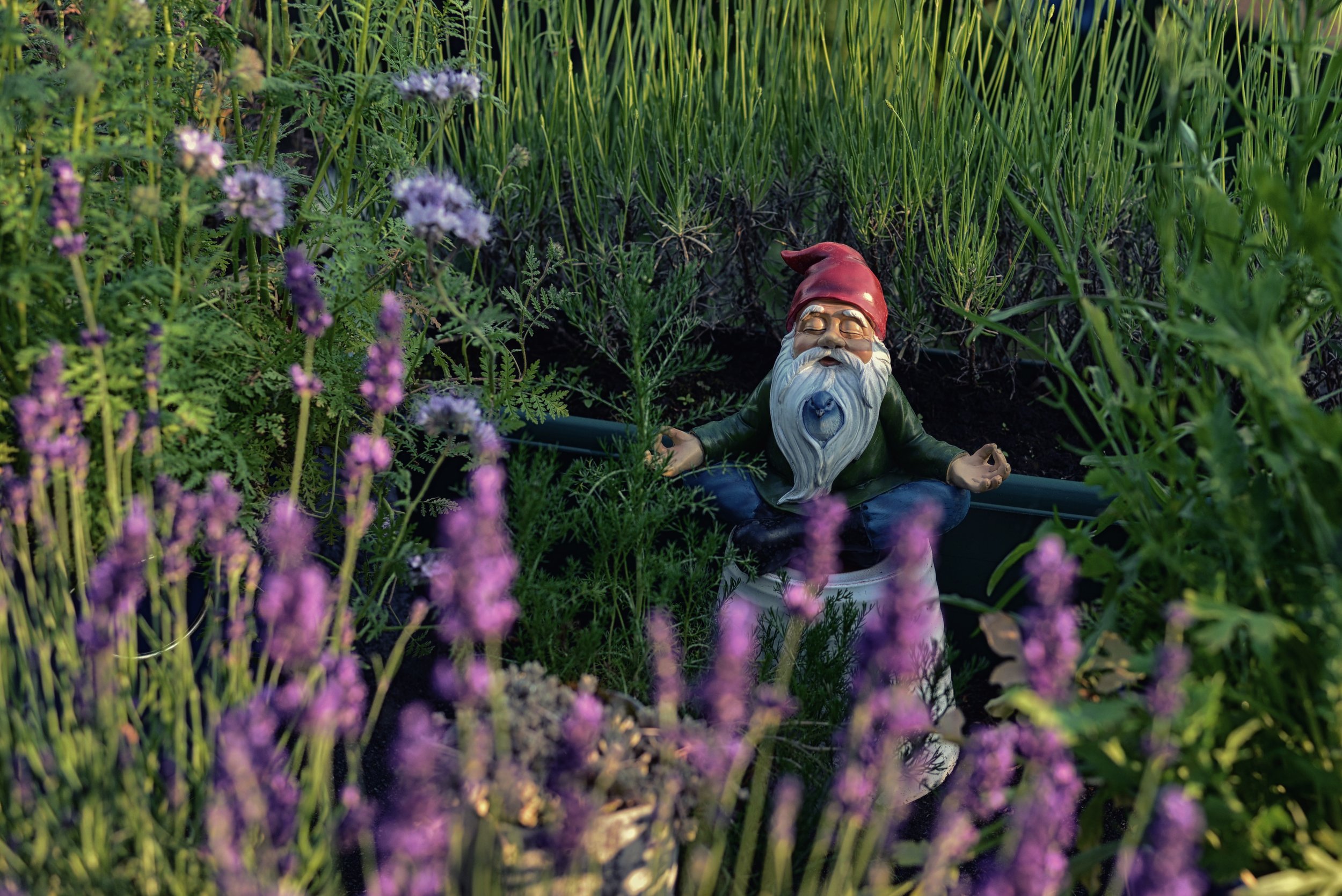Why Kids Are Learning Meditation
WRITTEN BY HIRA KHAN
Meditation is an ancient practice, one that is popular amongst adults. However, there has been a shift from the norm with kids embracing this age-long tradition.
Today, children are experiencing increased stress levels from peer pressure, social media expectations, and society. Hence, a minute or two of deep concentration, completely unplugging from the chaos is priceless. Mindful meditation provides a medium for kids to achieve this calmness.
Image credit: Robert Collins
Over time, mindful meditation for kids has gained a lot of traction with different programs, mostly built into schools' curricula—being set up to support this cause.
Although, it might seem strange for kids to practice meditation, and you might even view it as a waste of time, however, study shows that meditation benefits children's brains and behavior.
What is Meditation for Kids?
Meditation is the practice of being deliberately present and aware of your feelings and thoughts without judgment.
Mindful meditation practiced by kids is not different from meditation by adults. There may be variation in the time spent on meditation. Nevertheless, the process is very similar.
Daily, we engage in different activities and the burdens of life can take its toll on our minds and body. Therefore, it is critical to have a way to unplug, relax your mind, and focus on the right thought.
Meditation for kids is the practice of teaching kids how to focus their thoughts on what is present, achieve calmness and be aware of their feelings and emotions.
An Associate professor at Erikson Institute Amanda Moreno once said this about meditation for kids:
“It’s (meditation) meant to help them (kids) better attend to what’s happening around them, It’s kinda like you slow down to go fast.”
Why are kids learning Meditation
(Benefits of mindful Meditation to kids)
We live in a fast-paced world today with different distractions and activities fighting for the already short attention. Amongst adolescence and kids, the attention span has reduced. Significantly, no thanks to video games and social media However, a meditation program pioneered by sixth-grade teachers, Desiree McNutt and Elkin Rodriguez, at George Washington Middle School in Alexandria, have shown that students spend between 3-5 minutes on meditation daily.
Shocking right?, This leads to the question:
Why are kids learning meditation?
What benefits does meditation provide that has attracted the fast-paced generation to an activity that requires stillness and calmness?
Children who learn meditation have better control of their emotions
Firstly, mindful meditation for kids provides them with an increased level of self-awareness and self-regulation. This connotes that if kids learn meditation, they'll become more aware of their thought processes and reactions in the present. By extension, they have control over their emotions and react better to stress, anger, fear, and other negative emotions.
Image credit: Dorota Dylkla
Most kids are just learning how to navigate life, faced with peer pressure, educational expectations, and family conflict. All of these result in an internal battle that could lead to aggressiveness and other social vices. However, by learning mindful meditation, children learn to breathe, identify the triggers, and de-escalate its effect in a controlled way.
Desiree McNutt, six grade teacher at George Washington middle school, posited, from observing her kids post-meditation:"
"My students offer to help one another with assignments unprompted, tease their peers less and say 'please' and 'thank you' more often. Some now request good-morning hugs."
Better academic performance and focus
Secondly, Children who participate in meditation have also been found to have improved focus and better academic performance.
As Elkin Rodriguez observed while commenting on the results from a meditation program he co-manages at George Washington middle school in northern Virginia:
“You can see the change in the kids: They cool down, they relax, and they’re just a little bit more open to learning,”
A major concern that parents and guidance have about their children is their attention. At a very early age, it's expected for children to be hyperactive and easily distracted. Meditation for kids enables them to unwind, defuse tension, and relax their minds.
Also, kids who practice meditation can focus on a particular activity for longer hours resulting in better concentration in school and improved performance.
In addition, meditation also improves children's mental health, helping them to manage anxiety and stress.
In 2019, Martin West, a Harvard education professor, conducted a study to understand the effect of mindfulness in the Classroom. He observed 50 Boston sixth-graders who participated in a 45-minute mindfulness session at the end of school four times a week, for eight weeks.
Another group of 50 children spent 45-minutes daily learning computer programming for the same eight weeks.
At the end of his study, he noticed from assessing his students' brain scans that students that engaged in the mindfulness training had a reduction in stress levels.
He stated:
"Children in the mindfulness group also showed “reduced activation” in the portion of the brain associated with the stress response."
Lara Elise, a Sixth grader at George Washington middle school, had also experienced some changes in her anxiety levels after joining the meditation program.
Before she joined the school's meditation program, she had suffered from anxiety which led to her struggling to keep up with breakfast, worrying about her results, and experiencing poor results.
"It’s kinda hard to stop thinking about everything, at first,” noted Lara. “Then you feel so much better, and you can just really focus.”
Learning meditation isn't a practice restricted to adults alone. Children too can benefit from it. With the level of stress and anxiety experienced by children, meditation provides a fun way to relax and make better decisions. Subsequently, children can better manage their emotions, maintain a healthy mental state, and unleash their greatest level of creativity. ◼︎

